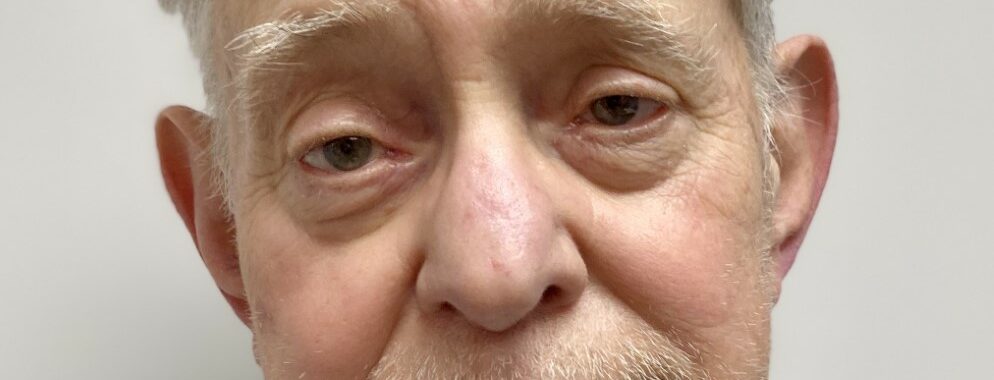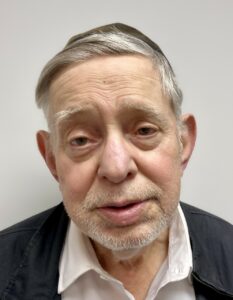By Rabbi Hillel Smulowitz
On a cellar wall in Cologne, Germany where Jews hid from Nazis, the following poem was found:
“I believe in the sun even when it is not shining.
I believe in love even when feeling it not.
I believe in God even when he is silent.”
Silence….
Is God ever really silent? And if so, how do we interpret his silence? Elie Wiesel was possibly the first to capture in his writing the unavoidable inner tension one feels when dealing with the Holocaust: namely, that it is an event in human history so profoundly unbelievable, so distant and yet so personable that we are numbed into silence and yet uncontrollably compelled to speak.
We talk about it and write about it so that we may remember and also grieve. Certainly history teaches us that hatred and prejudice if unopposed, leads only to pain, social calamity and spiritual darkness.
Anyone who views the Holocaust as a Jewish problem is clearly living an illusion, for the way in which a society reacts to its cultural diversity, the way it treats its minorities is an unmistakable barometer of its mental health. Eleven Million Lives! All those individual hopes and dreams that could have so profoundly influenced the course of mankind; found a cure for cancer, written a symphony or found the right words to appease an angry society. Eleven million souls, Jews, Christians, Gypsies deprived of the right to experience life, to enjoy a sunset or derive joy from children. To destroy all those hopes is to wage war with God!
How do we deal with grief related to the Holocaust? Frist of all let us never forget what happened, but never become cynical about life. People have demonstrated an unlimited capacity for good.
At Yad Vashem, Israel’s Holocaust memorial in Jerusalem, visitors travel down the Avenue of the Righteous. It is a very moving experience. This area depicts and describes hundreds of individual acts of heroism; of Catholics and Protestants concealing and helping Jews, often at the cost of their lives. Not only individuals but countries as well are deserving of praise. In Norway, Denmark, Greece and Bulgaria, demonstrations, church involvement and military resistance finally succeeded in driving out the Germans in September of 1944.
Finally we should never forget the Americans who lost their lives liberating the camps. I hope and pray that Jews never lose sight of the significant contributions made by other faiths. We must find a way to internalize and personalize the Holocaust, both individually and nationally.
We recently experienced another blatant attack and aggression of human rights in Kuwait, but through standing strong together using unity, military strength, and the grace of God, human dignity prevailed.
Perhaps nothing more fully captures the purity and worth of the human soul than an excerpt from a poem written by an unknown child from within a concentration camp:
“Try to open your heart to beauty,
Go to the woods someday and weave a wrath of memory there.
Then, if the tears obscure your way…
You’ll know how wonderful it is to be alive.”
In 1980 the United States Congress passed a resolution designating a week each year as Days of Remembrance of Victims for the Holocaust. This year Sunday, April 16 through Sunday, April 23 have been designated as Days of Remembrance.
Rabbi Hillel Smulowitz is the former Principal-Director of the Louisville Jewish Day School and a retired Army chaplain




